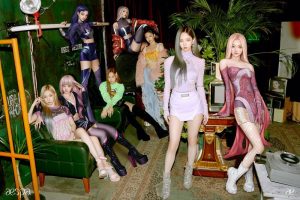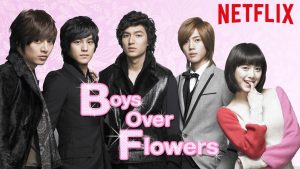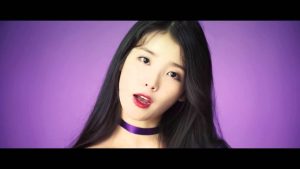When Edward Said first came up with his concept of Orientalism in his 1978 book, what he was referring to was mainly the perspective from the West romanticizing the Middle East culture. He was critically reflecting on the interpretation of the Orient in western society, pointing out that the concept of the Orient was constructed by the westerners. Regardless of how positive or negative the Westerners have described the culture and people from the Middle East, the idea of Orient was not depicting the reality of the Middle East and was rather exoticizing it as somewhat strange and different. Orientalism is, therefore, dangerous and problematic because it is taking the perspective of colonizers while ignoring the realities and the details of the non-Western culture. Even if Said’s concept was more focused on the exoticization of Arab culture, it is applicable when it comes to the Western media’s interpretation of the East Asian culture.









